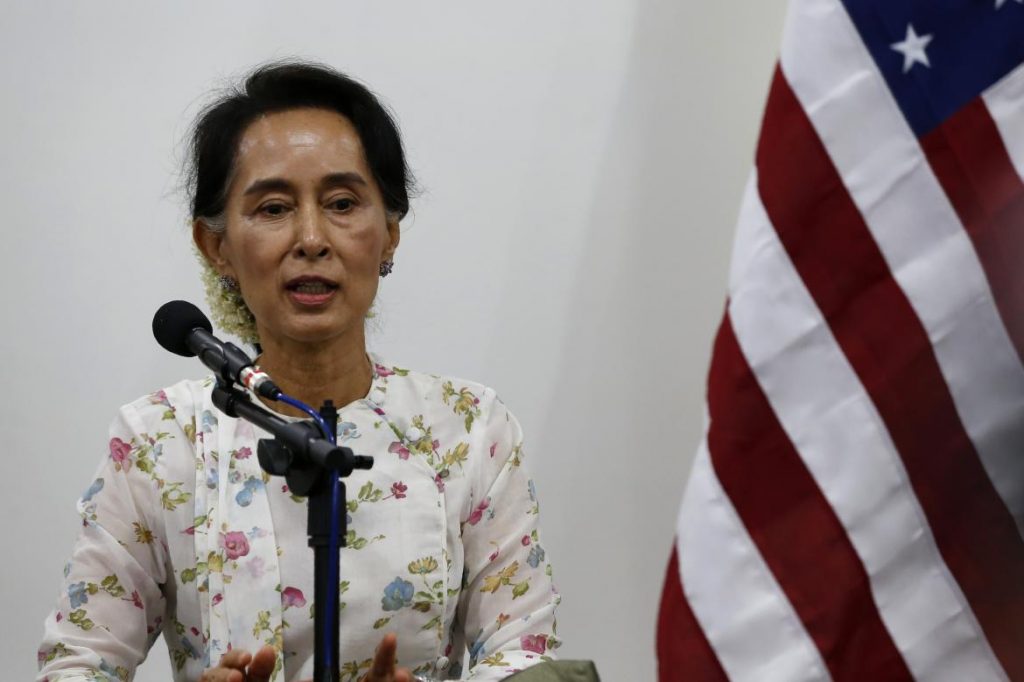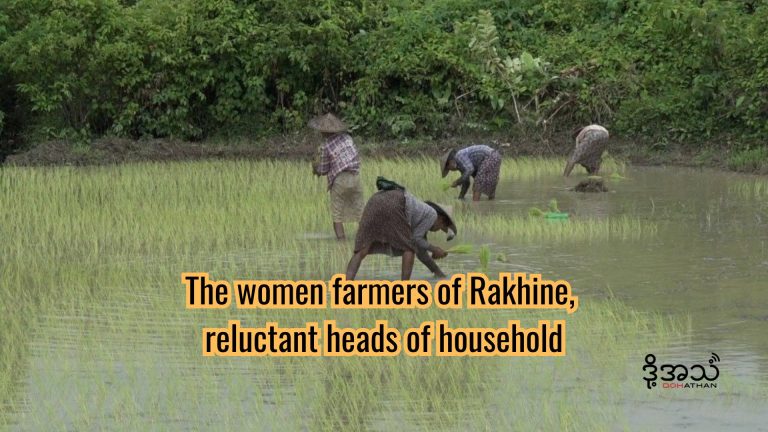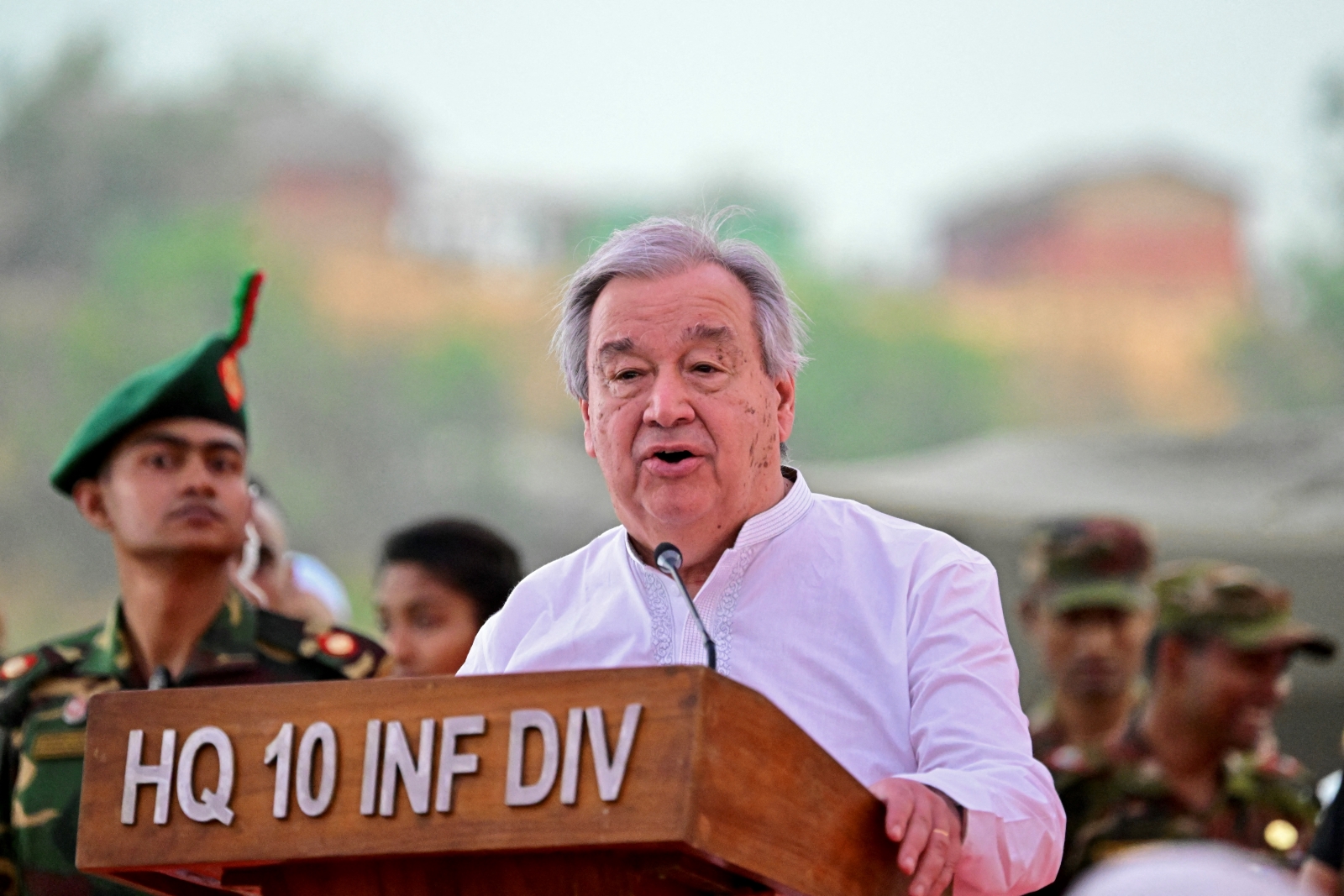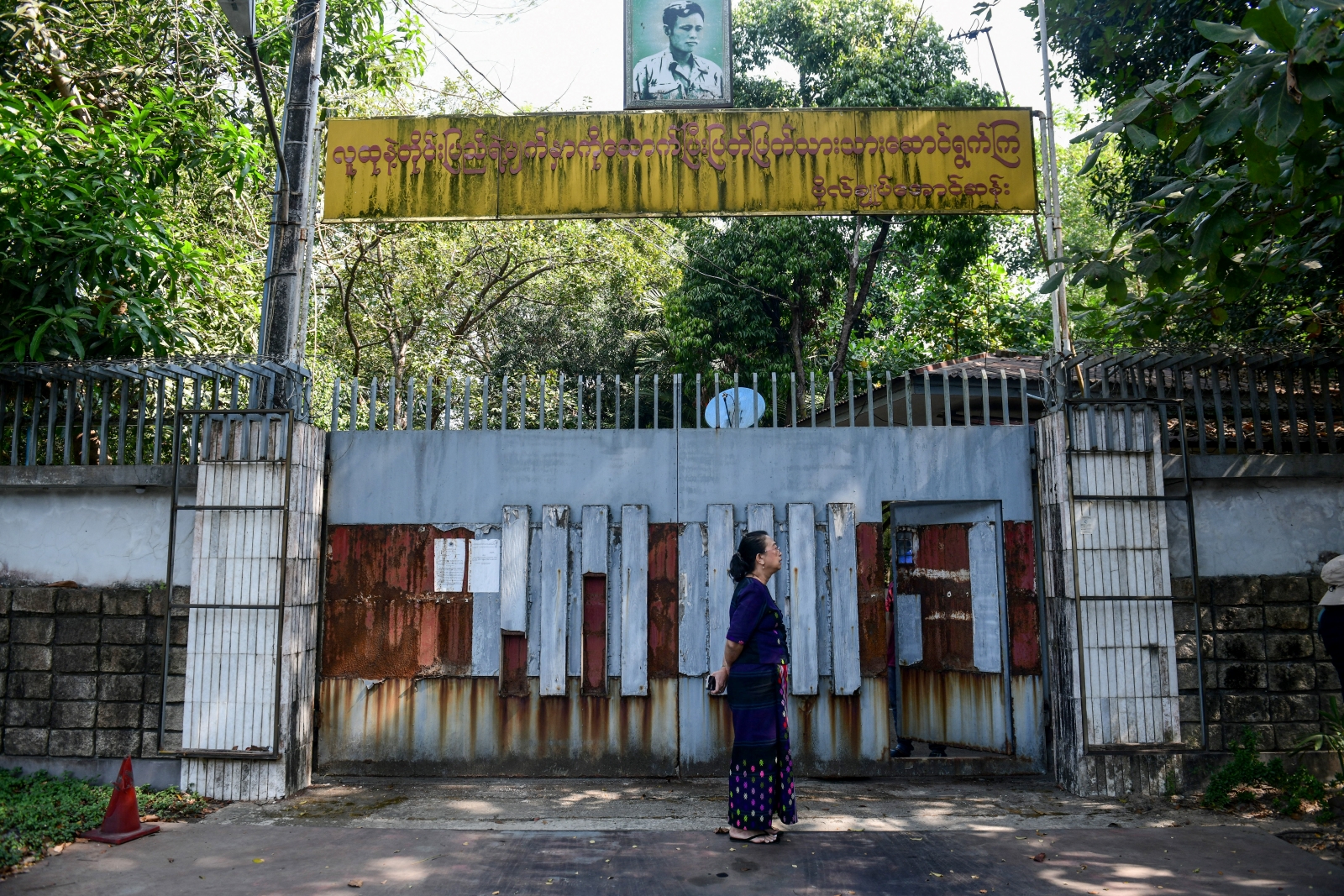Recent comments by the foreign minister suggest that the government is working on a plan to resolve the situation in Rakhine State, but it will be a daunting challenge.
By SITHU AUNG MYINT | FRONTIER
It is four years since religious violence erupted in Rakhine State and a settlement of the conflict between its ethnic Rakhine and Muslim communities remains elusive.
Sometimes, we see sparks that could fuel more violence.
A recent example was when officials in the Rakhine capital, Sittwe, entered Aung Mingalar, the only ward in the city where Muslims live, to question its residents.
This happened when there were protests outside the United States embassy in Yangon to condemn its use of the word “Rohingya” in a statement of condolence for victims of a boating tragedy off the Rakhine coast.
Support more independent journalism like this. Sign up to be a Frontier member.
The situation in Rakhine has generated huge interest since 2012 and a reluctance to speak out about it has damaged the international image of National League for Democracy leader Daw Aung San Suu Kyi.
This week I would like to discuss whether the NLD government has any hope of settling the Rakhine problem it inherited from the Thein Sein administration.
The NLD government is being pressured from two sides over the situation in Rakhine. Ethnic Rakhine and other Buddhists in the state, and elsewhere in Myanmar, oppose the use of “Rohingya” to describe members of the Muslim community who identify as such. They also oppose the use of “Rohingya” by the US, other Western countries and the United Nations and have demanded that the NLD government officially urge the international community not to use the term.
They call the people who identify as Rohingya “Bengalis” because they believe they are illegal immigrants from Bangladesh.
They want most Muslims in Rakhine to be checked against the provisions of the 1982 Citizenship Law and to be registered as illegal immigrants from Bangladesh.
Most of the Muslims in Rakhine reject being called “Bengalis” because they say their families have lived there for generations. Many were excluded from the 2014 census because they refused to be identified as “Bengalis”. Those in Western countries and the United Nations who defend the right to self-identify as a basic human right accept that most of the Muslims in Rakhine are entitled to call themselves Rohingya.
Expressions of concern from the international community about the humanitarian situation in Rakhine and violations of the rights of its Muslim community were largely dismissed by the previous government.
Now it’s the NLD that needs to address a problem that is rooted in history and difficult to solve.
It will take much effort to return the situation in Rakhine to what it was before 2012, when ethnic Rakhine and Muslims lived together peacefully.
Although the state’s Muslims live under many restrictions, there had been no major sectarian conflict in Rakhine until 2012.
The violence that erupted twice that year has meant that many thousands of Muslims have been confined since then to refugee camps, unable to return to their villages. The situation has contributed to the international criticism of the government.
At a news conference in Nay Pyi Taw with US Secretary of State John Kerry on May 22, Suu Kyi said her government would do its best to resolve the problem “to the benefit of both communities”.
She called for the use of emotive terms that exacerbate divisions to be avoided.
“There are two terms which are emotive, and we’ve got to face them fairly and squarely,” she said. “The Rakhine Buddhists object to the term “Rohingya” just as much as the Muslims object to the term “Bengali”, because these have all kinds of political and emotional implications which are unacceptable to the opposing parties.”
Suu Kyi’s comments suggest that she has already developed a clear policy to tackle the problem. It is likely she can expect obstacles when it is being implemented. Any move to improve the human rights of the state’s Muslims is certain to be opposed by Rakhine Buddhists.
Obstacles could emerge to the scrutiny process under the 1982 Citizenship Law aimed at granting citizenship to Muslims.
Suu Kyi’s pledge to tackle this sensitive, complex problem will be closely monitored by the international community.
By adopting the right course and implementing it with care, the problem can be solved, but it may take time.







